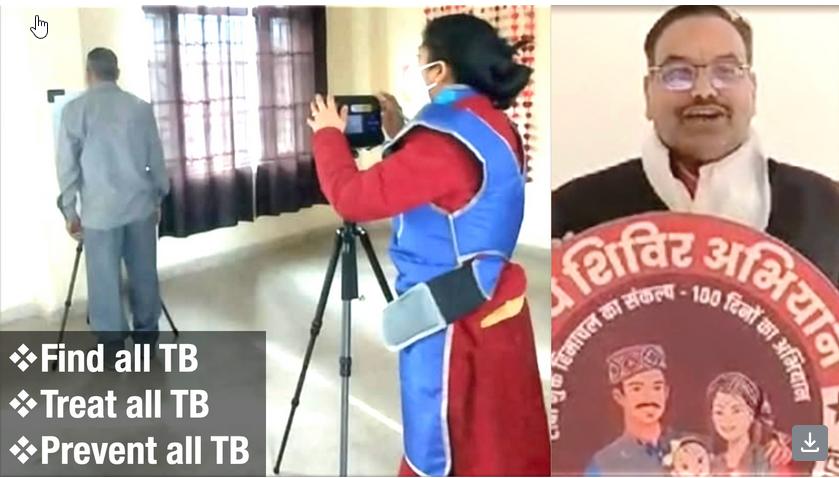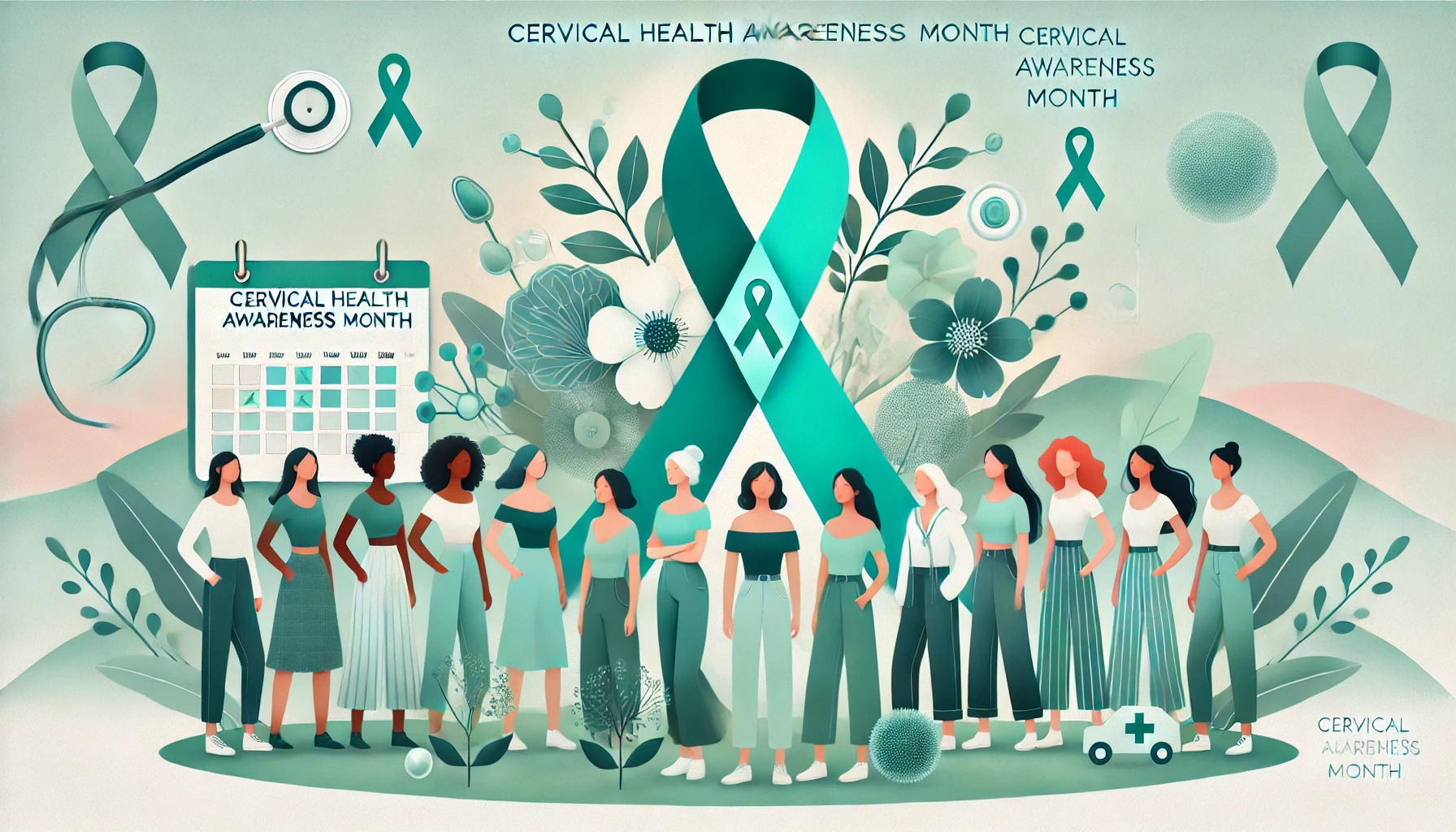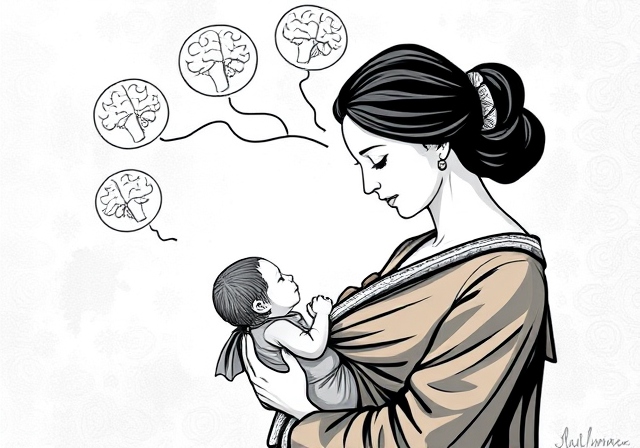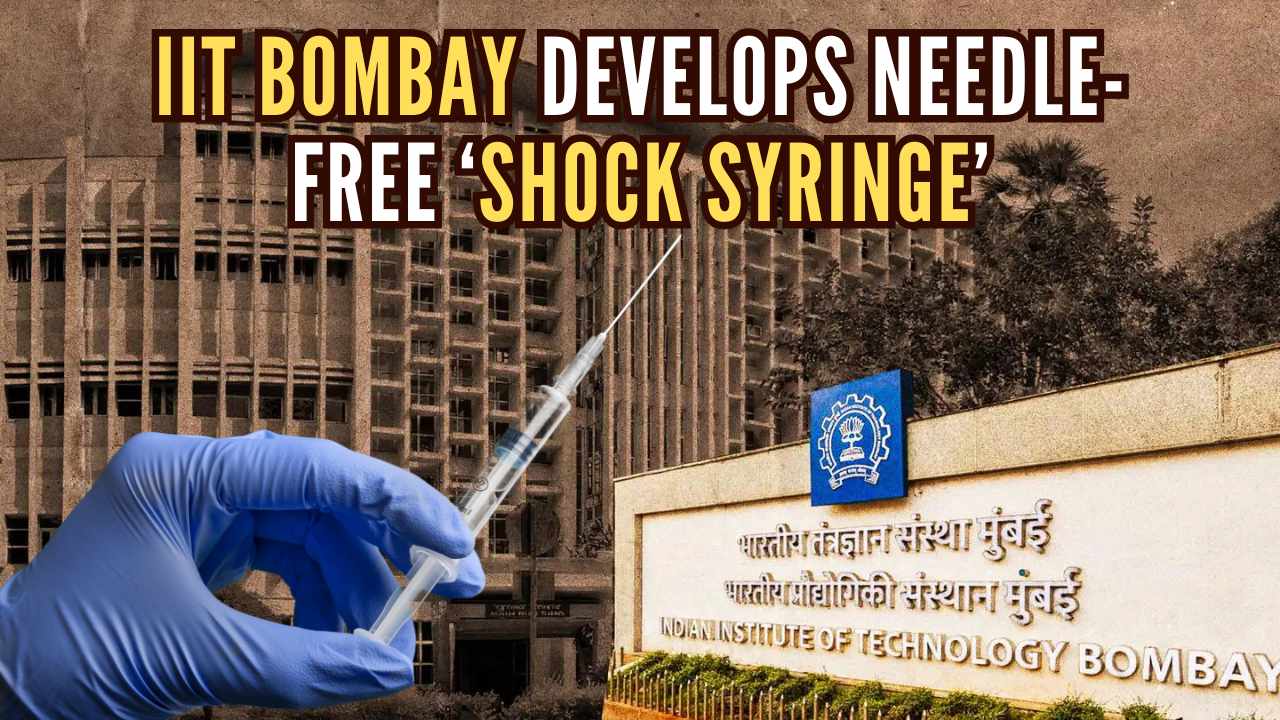HIV (Human Immunodeficiency Virus) does not show symptoms in the early stages, anyone who feels that they have had exposure to the virus should visit the doctor even if they don’t have any symptoms. A person can expose to HIV by having unprotected sex with an HIV patient or sharing the same needle to inject as that of any HIV patient.
HIV AIDS weakens the immune system
HIV is a virus, that transmits through blood, breast milk, and sexual fluid (semen, rectal and vaginal fluid). If left untreated, HIV can progress to advance stages which is called AIDS. AIDS Acquired Immuno Deficiency Syndrome is a serious health condition wherein the immune system of any person is significantly weakened, as the HIV virus attacks only on body’s immune system. AIDS comes under STDs (Sexually Transmitted Diseases). After coming in contact with HIV, not everyone will show symptoms. Symptoms do occur after 4 – 6 weeks of being exposed to the virus.
In India cases of HIV AIDS were at their peak two decades back. But now it’s not the same. People are now very much aware of its preventive measure along with the consequences. It is not curable but an easily preventable disease. One can sustain a normal life expectancy with its early detection. Early detection can help in avoiding advanced stages or immunocompromised situations. Right now prevention is the best treatment available.
In-Home HIV testing
HIV testing is an important procedure, safe and reliable test is crucial. FDA has approved Ora Quick In-Home HIV test. It acts by testing fluid from a person’s mouth and deliver results in 20 minutes. It is a quick at-home antibody test. Other tests available for HIV testing are Nucleic Acid Test (NAT) and antigen/antibody test. NAT acts by diagnosing the HIV virus present in blood and antibody test diagnose the presence of a specific antibody. Antibody test can detect HIV after 25 – 90 days of exposure to the virus. But these tests are not 100% reliable. FDA reports that Ora Quick In-Home HIV test gives one false-positive result for every 5000 tests and one false negative for every 12 tests on people without HIV and with HIV respectively. These HIV tests can only help to relax someone of their uncertainty as early as possible.
As these at-home tests are not 100% correct, one should take a follow-up test from a healthcare professional for sure. If the Ora Quick In-Home HIV test result is negative and the person is having symptoms of HIV, then definitely the person needs further investigation from any professional healthcare for confirmation of the result.
Scientists have done a lot of research for the vaccine but unfortunately, there is no vaccine available till date. We can only prevent ourselves by following preventive measures. The basic treatment is possible by which people with HIV can have a normal life expectancy.
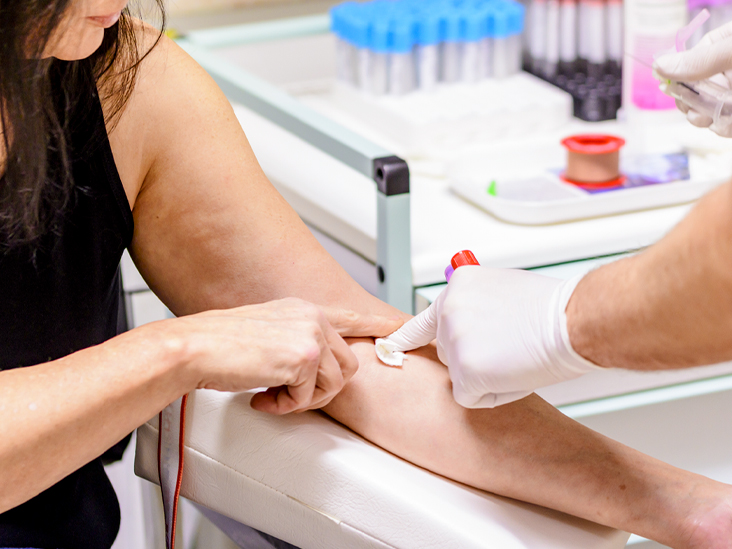
 “Rapid HIV tests are not 100% reliable. Although, these tests help in relaxing someone with their uncertainty when they are unable to visit a doctorâ€
“Rapid HIV tests are not 100% reliable. Although, these tests help in relaxing someone with their uncertainty when they are unable to visit a doctorâ€










.jpeg)



.jpg)
.jpg)
